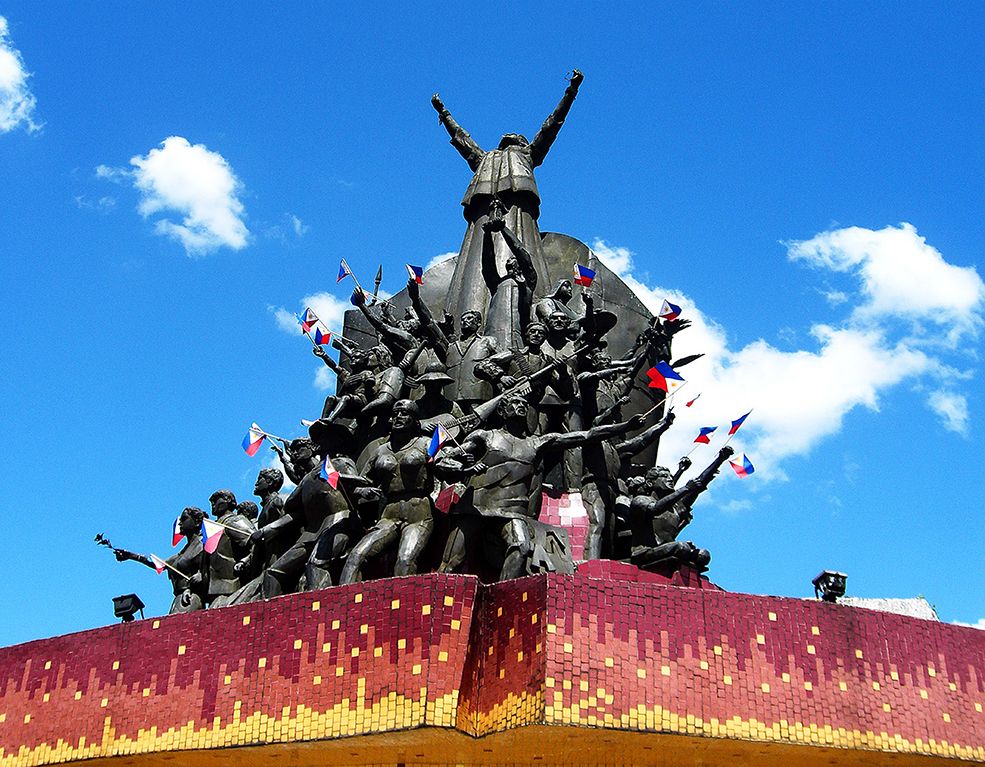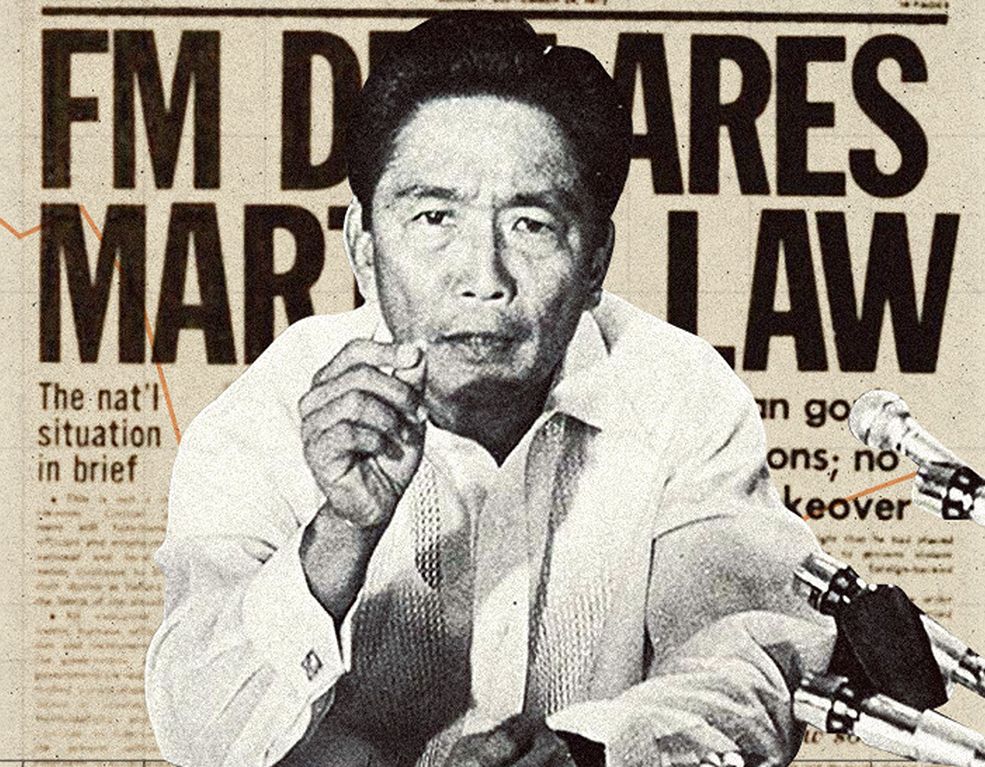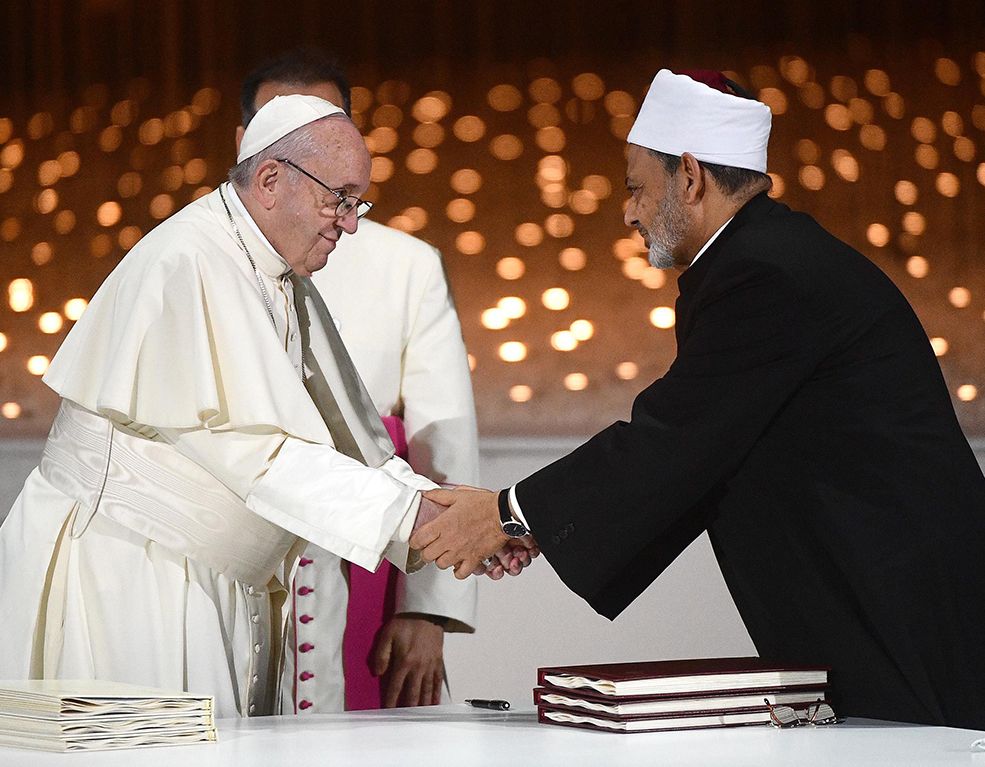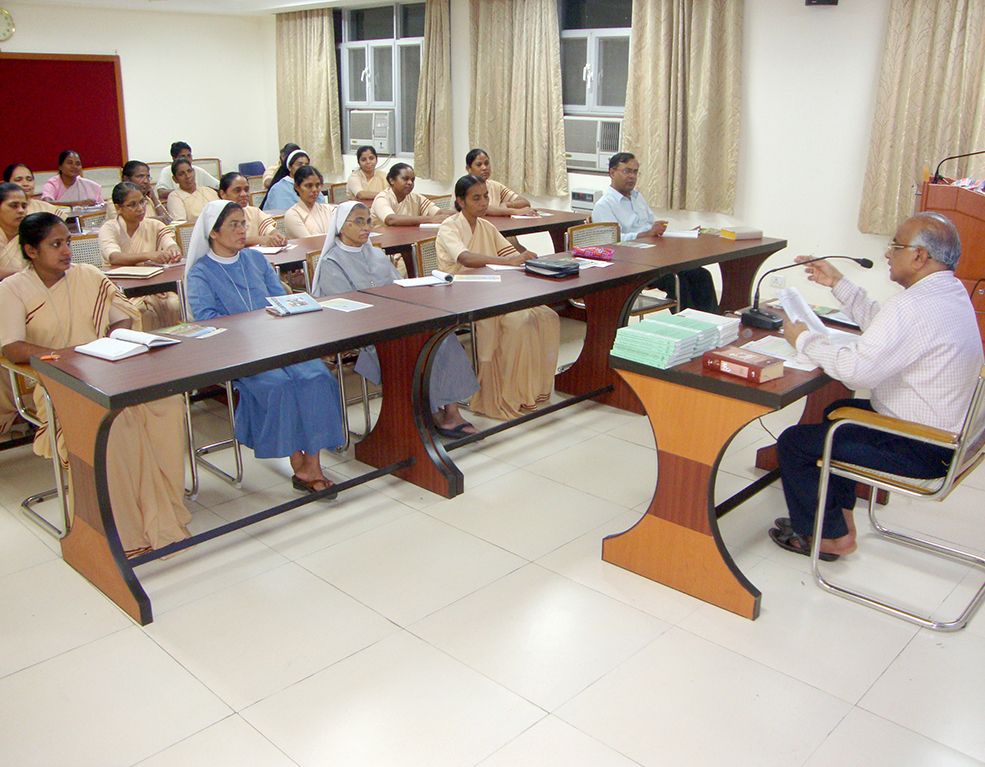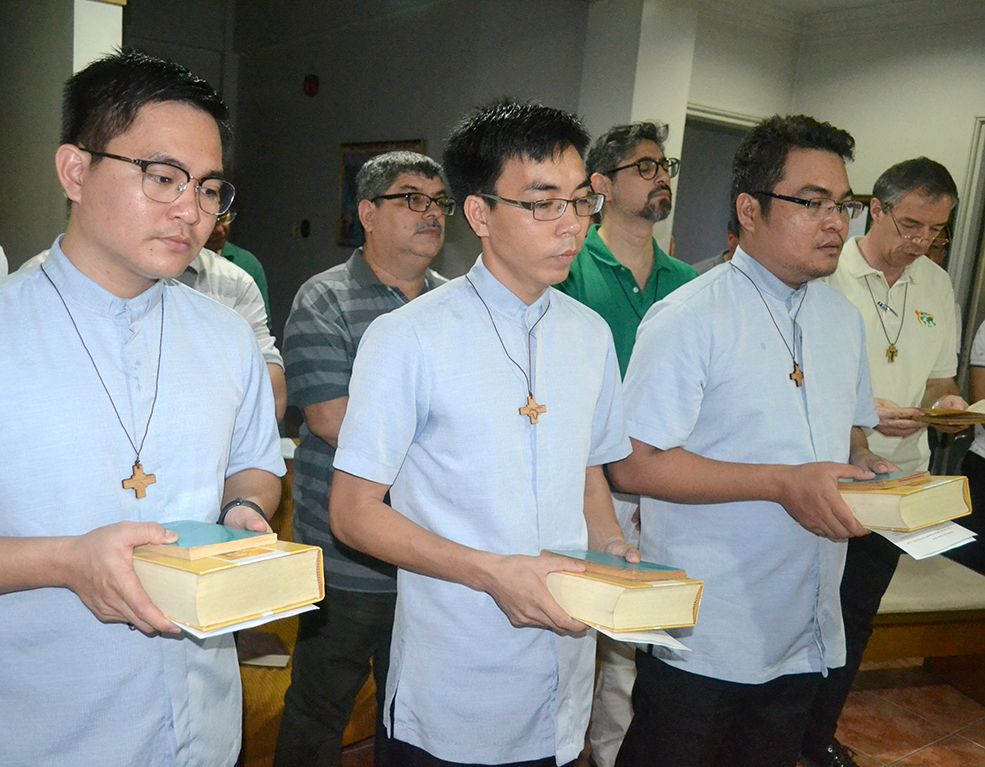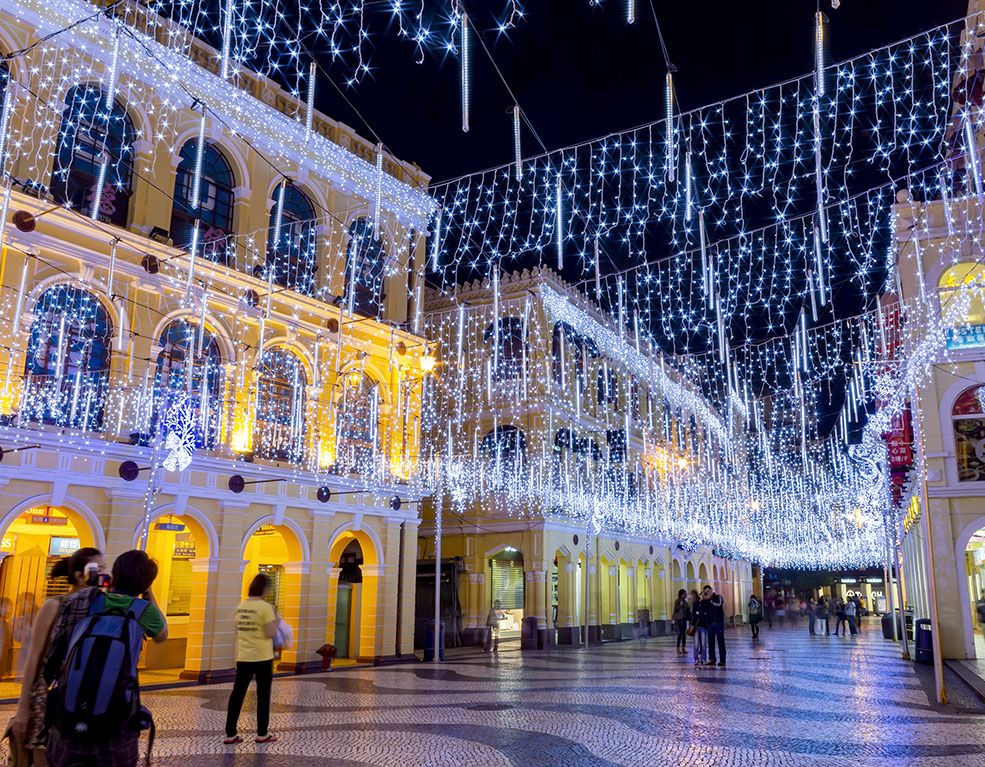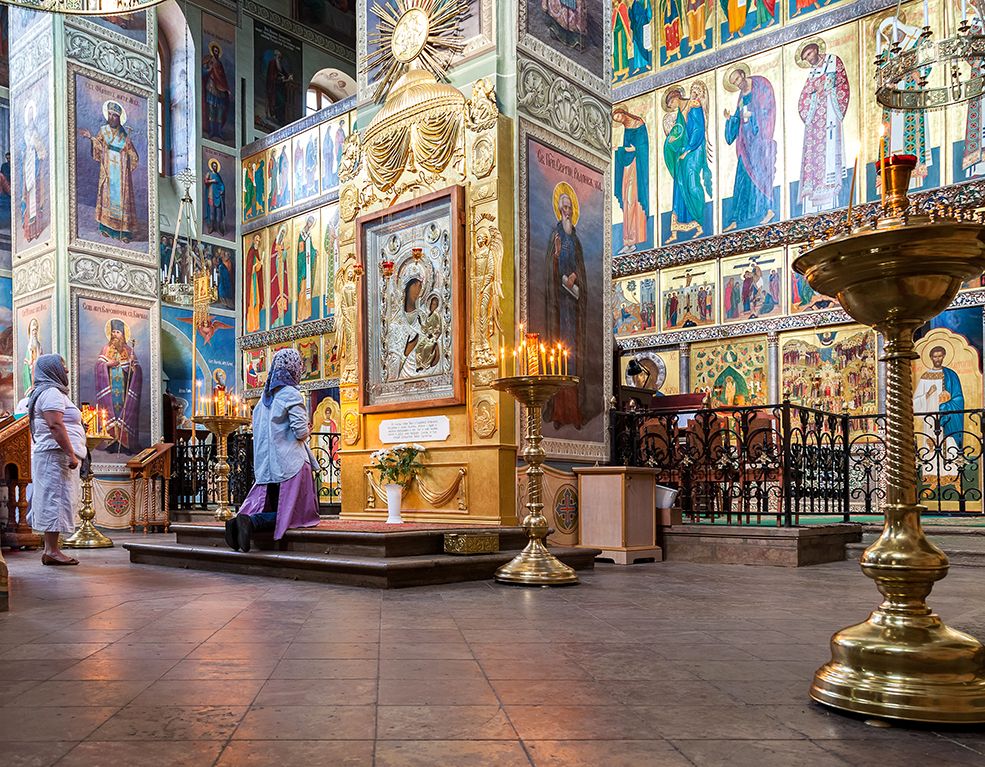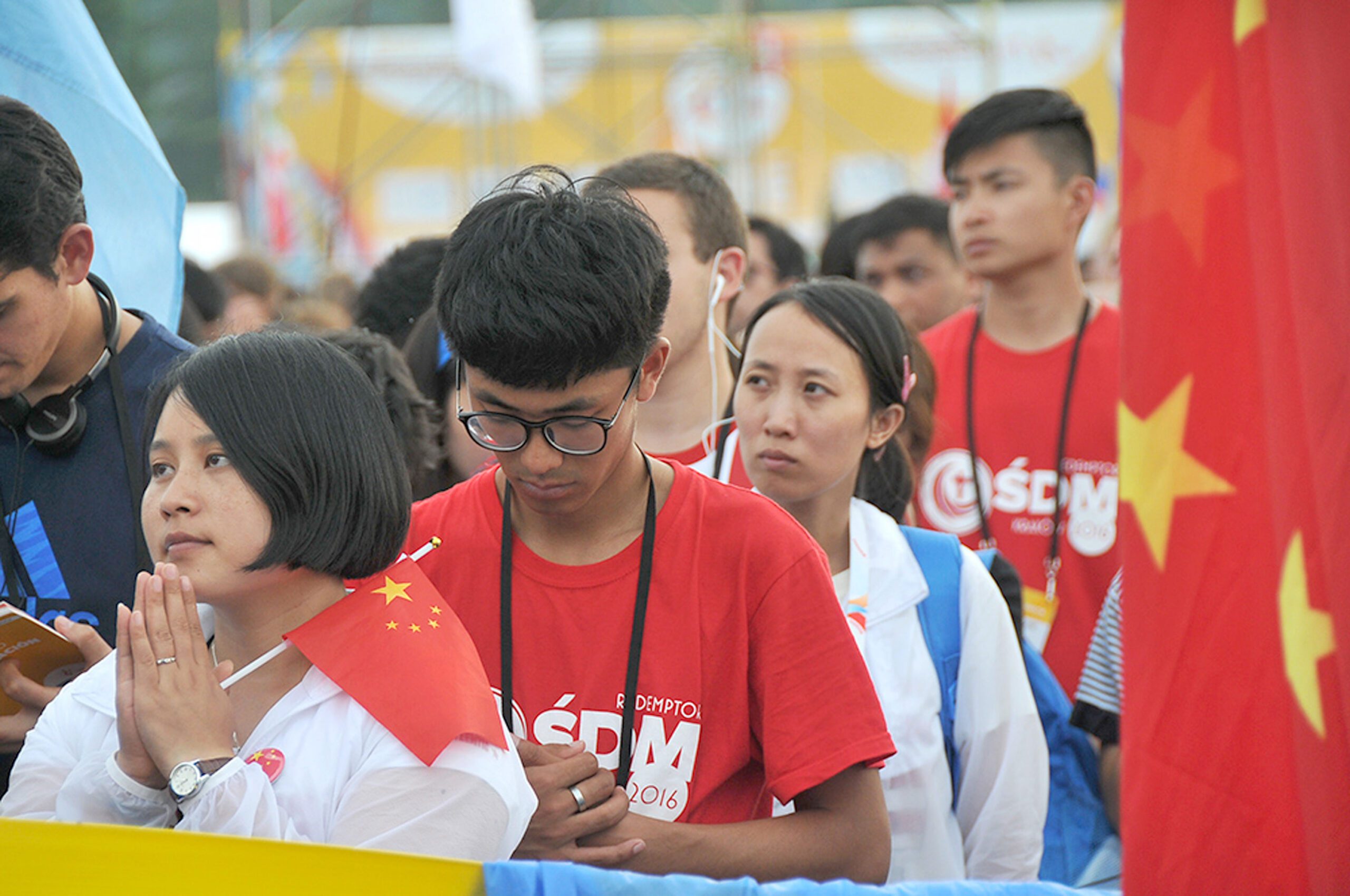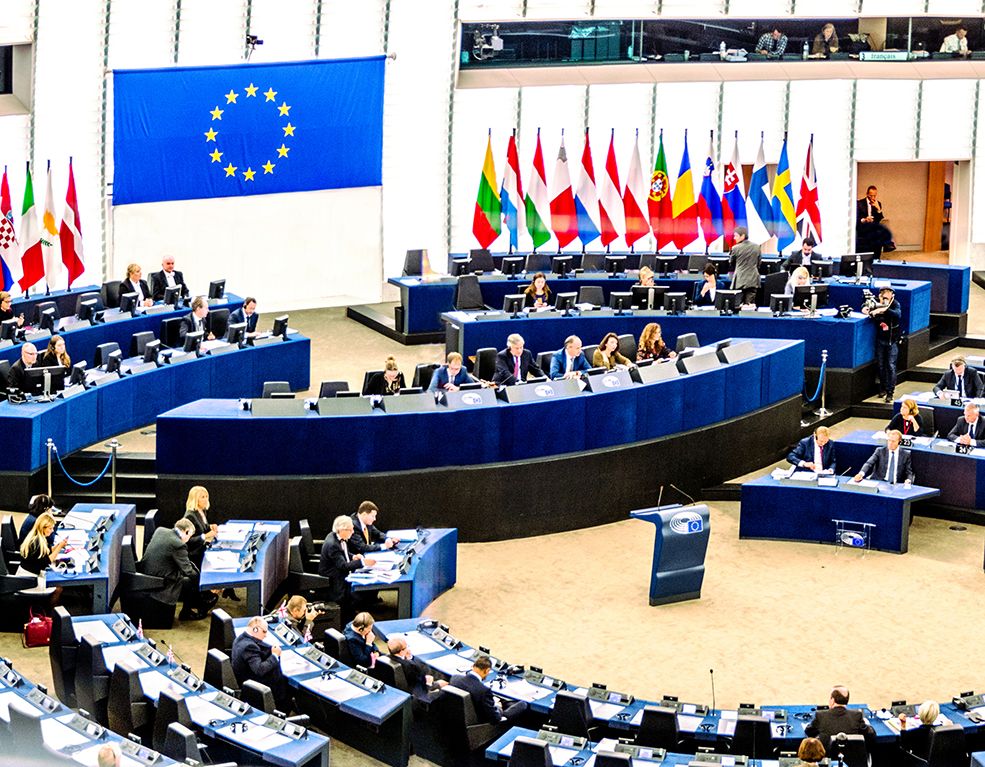Here on the banks of the Nile, religion is an integral part of a person’s identity, so much so that it is written on everyone’s identity card. As a Comboni missionary in Egypt for four years, I have met many Egyptians whose identity cards contain the word “Christian.” However, behind this word, there exists a real world. Christian Egyptians make up about 10 percent of the country’s 100 million people. It is numerically the most important Christian presence throughout North Africa and the Middle East.
Most of these Christians are Orthodox Copts, belonging to the Church heir to the ancient monastic tradition of the desert and to the most famous theological school of the first centuries of the Christian era, the Alexandrian School. The city of Alexandria was also the seat of one of the five main patriarchates of the early Church. The head of the Coptic Orthodox Church is the Patriarch of Alexandria and successor of St. Mark the Evangelist, who, according to tradition, is the first patriarch and evangelist of Egypt.
Alongside this majority of Orthodox, there are also some Egyptian Christians, called Catholic Copts, who, while maintaining their Coptic rite, entered into communion with the Church of Rome. In addition, there are a growing number of Egyptians who identify with various Reformed denominations, including Anglicans and various evangelical churches.
The Christian presence in Egypt is formed today by a wide variety of nationalities, rites and communities. The different rites of the Catholic Church, the various Orthodox communities and the galaxy of Reformed Churches coexist side by side on the banks of the Nile, often with churches and places of worship situated close together.
Ecumenical Monastery
This coexistence is not always easy as it can turn into competition. Therefore, welcoming Christians from other denominations is by no means a hasty attitude, even and above all on the part of those who lead the communities. Fear, distrust, old and new frictions are felt above all in relation to the sacraments, to marriage in primis and to the formation and accompaniment of young people.
Precisely thanks to an experience lived with young people, I was able to come into contact with a symbolic place of openness and meeting: the Coptic Orthodox monastery of Anafora. The monastery was founded between 1998 and 1999 by Bishop Thomas, Orthodox Bishop of El-Qussia, in Upper Egypt.
Charismatic and with a long experience of monastic life, Bishop Thomas came into contact with some European realities who are specialists in ecumenism, including the well-known French ecumenical monastery of Taizé. Bishop Thomas, as pastor of a predominantly peasant diocese in southern Egypt with problems related to work, education, coexistence between different religions and groups, decided to found a monastery in an area north of Cairo where for centuries some desert priests lived.
In addition to offering a job opportunity for some young people in his diocese, especially girls (the monastery is actually a retreat and conference center and has a large area of sustainably cultivated land, with the idea of making Anafora self-sufficient), Bishop Thomas from the beginning wanted Anafora to be a place of meeting and brotherhood for everyone, especially Christians, whatever their denomination.
Welcoming And Fraternity
My first contact with the Monastery of Anafora dates back to November 2018, when, together with a Comboni brother and sister, we accompanied a group of young people from a parish in Cairo, where I was then, to a three-day meeting organized by two Taizé monks in collaboration with the Anafora Center.
Those days were like a sip of cold water on a hot summer day. We were the only group of Catholics among a large majority of Orthodox and several Protestant groups, including some of French nationality who had spent a period of service in Egypt. From the very first moment, however, it was clear that we met there not so much as Catholics, Orthodox or Protestants, but as brothers.
With an extraordinary simplicity, almost with rapture, the differences were overcome in prayer and joint reflection, in listening to the experiences of dialogue and service, in the simple sharing of meals and in study seminars. In those days we were able to breathe an atmosphere of brotherhood, exchange, listening and mutual acceptance.
I carry inside me faces, smiles, questions, exchanges of opinions and experiences with young Egyptians from other Churches who could choose to build fraternal relationships. The choice of speakers was a sign of the central mentality of the meeting and of which Anafora is herald: in addition to Bishop Thomas, we were able to hear another person of great preparation and openness such as Bishop Munir Hanna, Bishop of the Anglican Church in Egypt.
The atmosphere that the residents of Anafora reserved for us finally completed the picture. It was clear that the ecumenical meetings of the scale we were living were not exceptions, but an integral part of the monastery’s mission. Among other things, in addition to the Orthodox monks, nuns and volunteers, we also met some members of European Protestant Churches who had experiences of monastic life there with them. You could say the fraternity is at home in Anafora!
I am writing about this experience now that three years have elapsed, because there are realities that resonate for a long time in everyone’s soul and that gain ever greater value as life unfolds and reveals new depths of what has been lived.
Tensions
Today I reviewed those days I spent in the Monastery of Anafora in the light of my experience as a missionary priest who lived for two years in Aswan, Upper Egypt, and during which I learned to know better the challenges of this people and of Egyptian Christians in particular. Christians here are a minority who live in a reality in which tensions can erupt, in the not always easy coexistence between different Christian groups.
I have also reviewed those few days of simple fraternity in the light of the COVID-19 pandemic and the encyclical of Pope Francis Fratelli Tutti, in which the challenge of fraternity, or the lack of it, appears fervently. All of this makes me understand more and more how places and experiences like Anafora’s are seeds of hope that Egypt and all of humanity desperately need.
In a world where the temptation to close oneself to the different, becomes stronger and stronger, a world where building walls, material or mental, has become a comfortable and attractive solution, Anafora reminded me that there are still those who are committed to building bridges, to creating opportunities for meeting and dialogue. There are still those who are able to believe that the other is a brother, despite and precisely because of the differences.
Anafora is one of those realities, and thanks to God there are so many, that attest that we can walk together in the midst of diversity. For those who look to Jesus Christ, it is a question of walking together behind Him, without pretending to have the truth, but knowing how to discover the beauty He has placed in everything and in everyone.
There is an expression that defines all this: brotherly love. The dream of a regenerated and reconciled humanity can only be built with the possible small steps of acceptance and fraternity. Then, and only then, can we truly be instruments of “the Spirit, whose secret joy will always be to establish communion and re-establish similarity, accepting the differences.” (spiritual testament of Brother Christian de Chergé, Trappist monk and martyr in Algeria)
The Monastery Of Anafora
Anafora is a monastery that functions as a retreat center and farm located approximately 75 km. north of Cairo, Egypt. It was founded by Monsignor Thomas, Bishop of El-Qussia (Upper Egypt) at the end of 1998. Anafora is located in a total landscape of 120 acres.
Anafora is a Coptic word of Greek origin that means “to offer,” it declines from the verbs “to raise, to bring up.” It is, therefore, a community that fully lives the vocation of building and elevating the spirit of those who visit it, a fruitful reality that intends to be a place of peace, serenity, simplicity and hospitality for all, without limits on paths, convictions and faith.
Together, guests and community members create the unique atmosphere of Anafora. The Coptic Alpha letter, historically described as a bird, is the symbol of Anafora as a reminder of the continual possibility of a new beginning.




